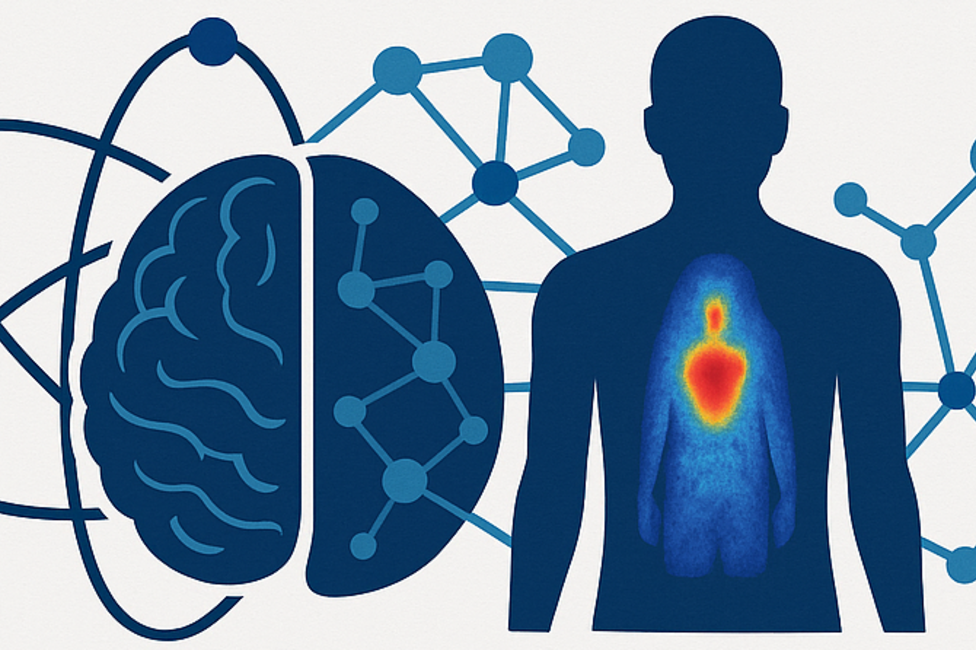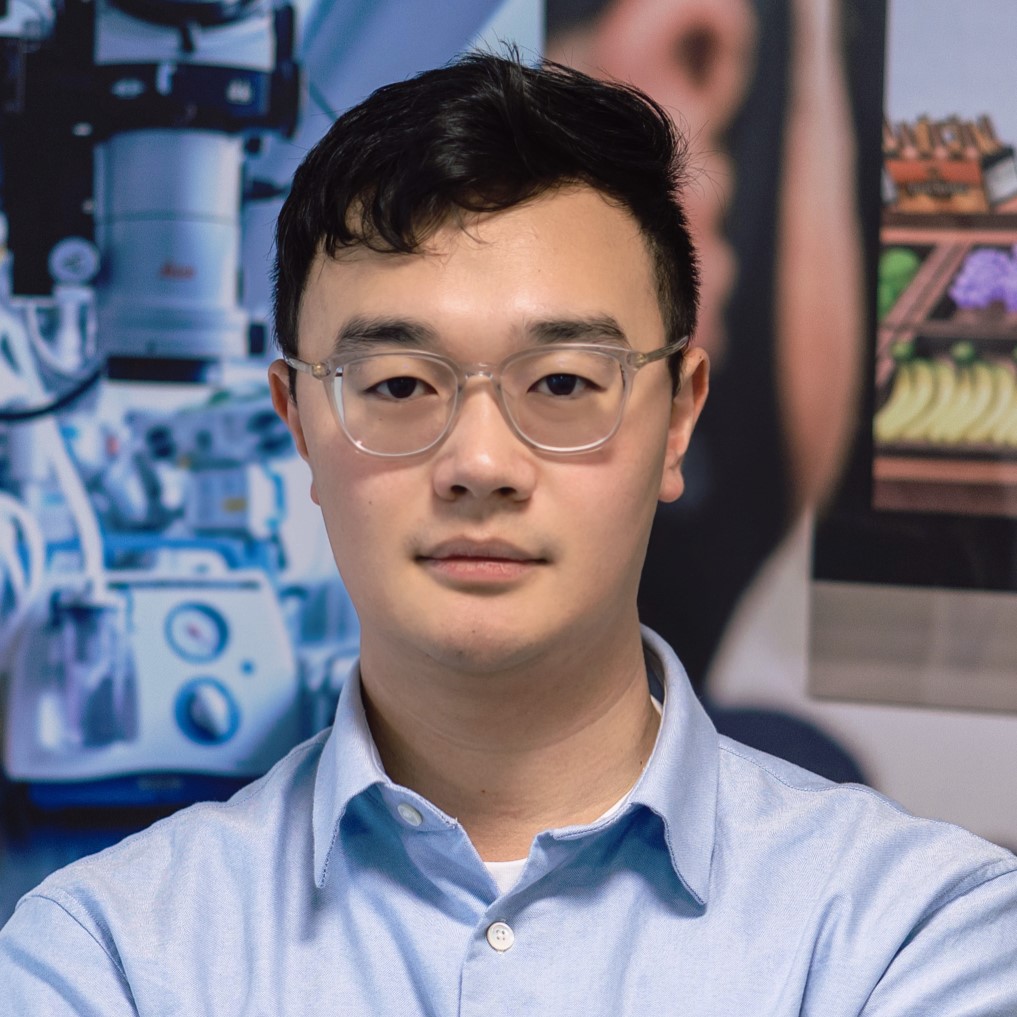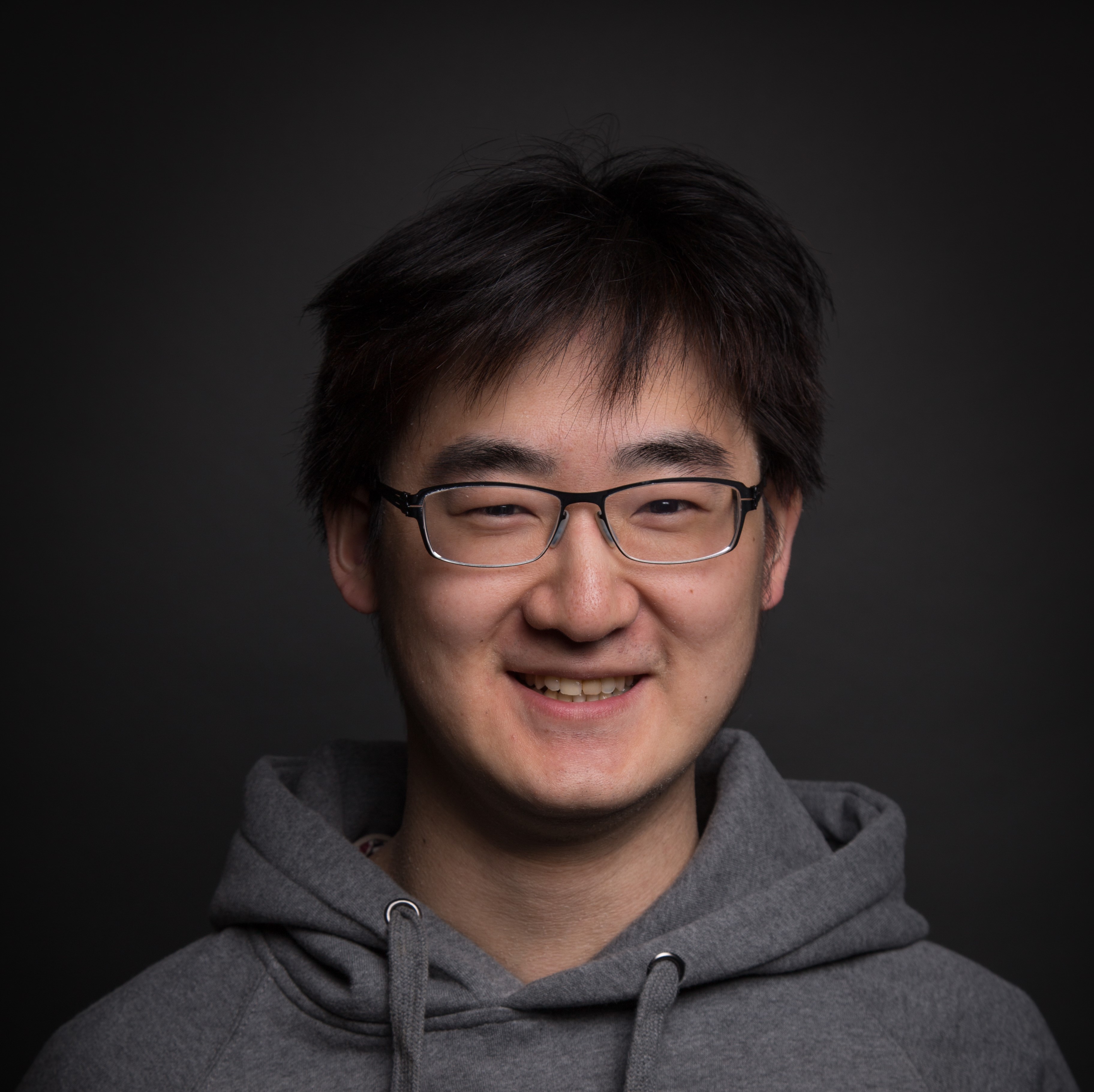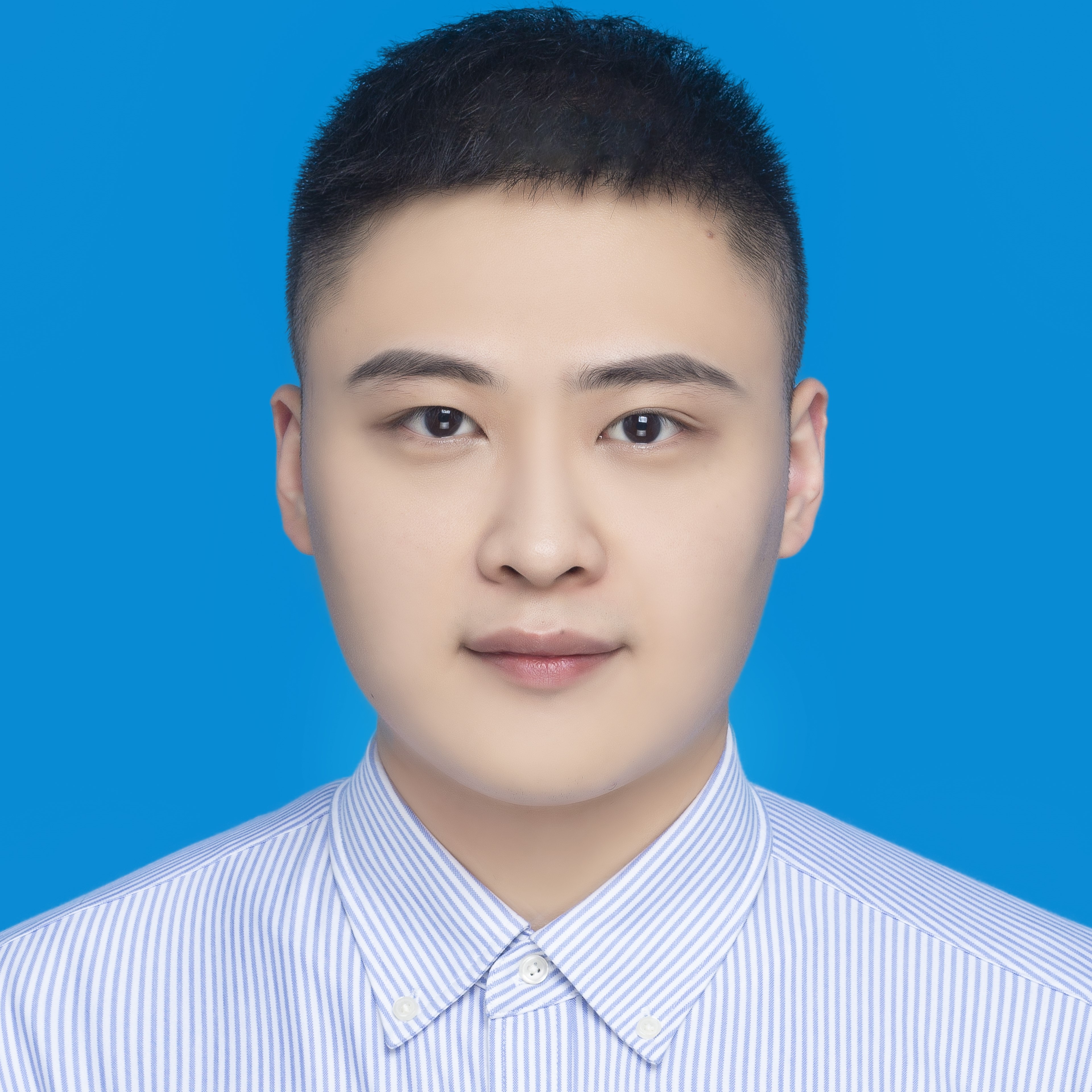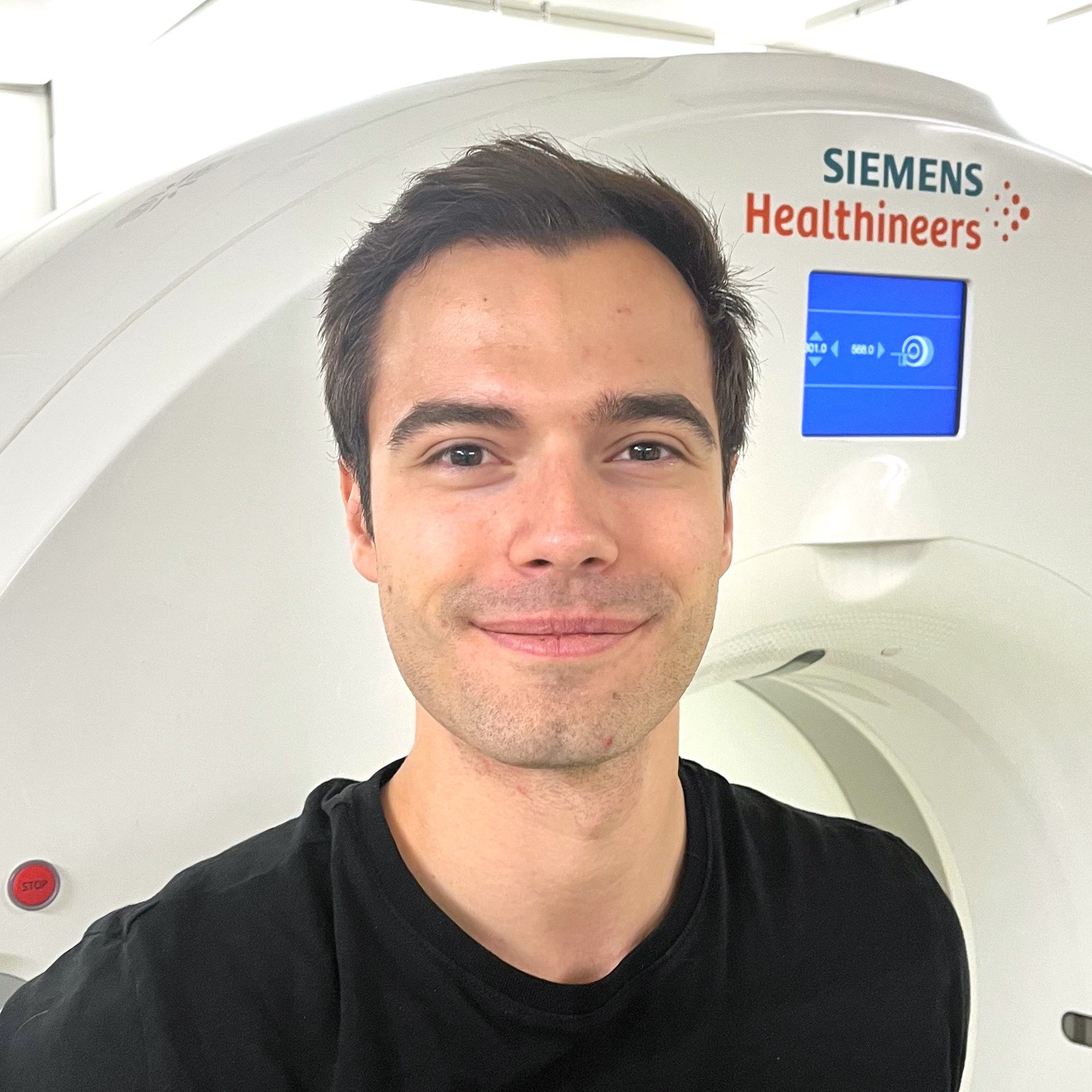The Computational Nuclear Medicine group focuses on the application of artificial intelligence and other computational approaches such as network modeling to improve clinical procedures and enhance our understanding of health and disease. The research is centered around nuclear medicine, integrating diagnostic, therapeutic, and basic research aspects.
Dr. Barbara Geist

Research interests:
- Quantification of dynamic data, kinetic modeling
- Organ connectomes, network analyses
- Stress determination and effect in PET imaging
- Quantification of metabolic changes in PET imaging
Contact:
- Mail: barbara.geist@meduniwien.ac.at
- Phone: +43 1 40400 72350
Clemens Spielvogel, PhD

Research interests:
- Clinical and biomedical applications of artificial intelligence and computational imaging
- Opportunistic risk markers
- Computational cardiovascular imaging
- Cardiac amyloidosis
Links:
Contact:
- Mail: clemens.spielvogel@meduniwien.ac.at
- Phone: +43 1 40400 72350
Lars Böhmer, BSc
- Study program: Data Science (MSc, Vienna University of Technology)
- Research topic: Deep learning for cardiac sarcoidosis
Diana Maaßen, BSc
- Study program: Data Science (MSc, Vienna University of Technology)
- Research topic: Deep learning-based disease characterization on bone scintigraphy
Dato Tsomaia
- Study program: Technical Physics (MSc, Technical University of Vienna)
- Research topic: Network analysis in stress research
- Jing Ning, MD, PhD (PostDoc)
- David Haberl, PhD (PostDoc)
- Oleg Gergets, BSc (Bachelor student, Applied University FH Technikum Vienna)
- Markus Köfler, BSc (Master student, Technical University of Vienna)
- Michael Beyerlein, MD (Diploma student)
- Iustin Tibu, MD (Diploma student)
- Christophoros Eseroglou, MSc (Master student, Technical University of Vienna)
Selected Publications
Spielvogel, C.P. et al. Impact of disease-modifying therapy on [99mTc]Tc-DPD SPECT/CT markers in transthyretin cardiac amyloidosis enabled by artificial intelligence. Eur. J. Nucl. Med. Mol. Imaging 2025
Geist, B.K. et al. The metabolic organ connectome: A novel approach to measure allostatic load during health-to-disease transition. Med 2025
Spielvogel, C.P. et al. Artificial intelligence-enabled opportunistic identification of immune checkpoint inhibitor-related adverse events using [18F]FDG PET/CT. Eur. J. Nucl. Med. Mol. Imaging 2025
Hong, Z., Spielvogel, C.P. et al. Enhanced Diagnostic and Prognostic Assessment of Cardiac Amyloidosis Using Combined 11C-PiB PET/CT and 99mTc-DPD Scintigraphy. Eur. J. Nucl. Med. Mol. Imaging 2025
Haberl, D. et al. Generative artificial intelligence enables the generation of bone scintigraphy images and improves generalization of deep learning models in data-constrained environments. Eur. J. Nucl. Med. Mol. Imaging 2025
Spielvogel, C.P. et al. Enhancing Blood–Brain Barrier Penetration Prediction by Machine Learning-Based Integration of Novel and Existing, In Silico and Experimental Molecular Parameters from a Standardized Database. Journal of Chemical Information and Modeling 2025
Spielvogel, C. P., Haberl, D. et al. Diagnosis and prognosis of abnormal cardiac scintigraphy uptake suggestive of cardiac amyloidosis using artificial intelligence: a retrospective, international, multicentre, cross-tracer development and validation study. Lancet Digit Health 2024
Spielvogel, C.P., Ning J. et al. Preoperative detection of extraprostatic tumor extension in patients with primary prostate cancer utilizing [68Ga]Ga-PSMA-11 PET/MRI. Insights into Imaging 2024
Ning, J., Spielvogel, C.P. et al. A novel assessment of whole-mount Gleason grading in prostate cancer to identify candidates for radical prostatectomy: a machine learning-based multiomics study. Theranostics 2024
Haberl, D. et al. Multicenter PET image harmonization using generative adversarial networks. Eur. J. Nucl. Med. Mol. Imaging 2024
Yu, J. et al. Systemic Metabolic and Volumetric Assessment via Whole-Body [F]FDG-PET/CT: Pancreas Size Predicts Cachexia in Head and Neck Squamous Cell Carcinoma. Cancers 2024
Geist, B. K. et al. In vivo assessment of safety, biodistribution, and radiation dosimetry of the [18F]Me4FDG PET-radiotracer in adults. EJNMMI Res. 2024

